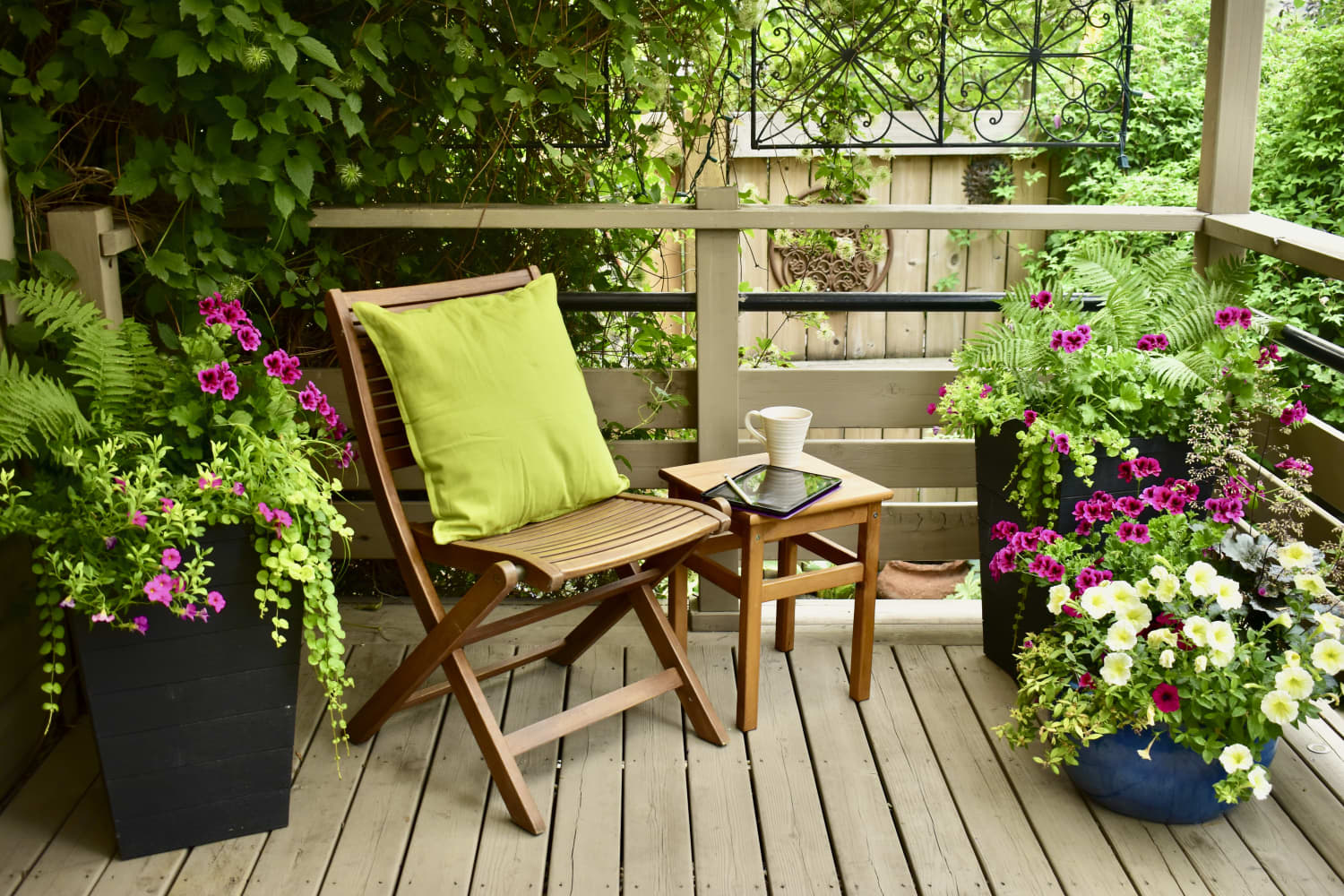Pros:** 1. Reduced effort and time spent on gardening tasks, such as watering and weeding.
2. Lower water consumption and cost, as relying on rainwater reduces the need for manual watering.
3. Soil preparation is easier with rainwater, making it a more relaxed gardening experience.
4. No need for expensive equipment, such as sprinklers, as rainwater takes care of the job.
5. Soil health is benefited by rainwater absorption, reducing the need for artificial irrigation.
6. Gardening becomes a more enjoyable experience, as the lazy approach allows for more relaxation and less stress. **Cons:** 1. Inconsistent watering and soil conditions due to weather uncertainty.
2. Plants may not receive sufficient water during periods of drought or prolonged dry spells.
3. Soil erosion may occur during heavy rainfall… leading to compaction and damage.
4. Some gardens may require special care and attention, such as shade-loving plants, “which may not thrive with rainwater.”
5. Weather patterns may vary greatly from year to year, “making it challenging to rely on rainwater consistently.”
6. Soils with poor drainage may become waterlogged… leading to root rot and other issues.
More details: Found here
In The News:
**Informative Bullet Points:** • Rainwater gardening reduces the need for artificial irrigation, which can conserve water and lower water bills.
• Soil preparation with rainwater is easier and less labor-intensive than traditional methods.
• Using rainwater for gardening can reduce soil erosion and compaction.
• Rainwater gardening requires careful planning for soil preparation and plant selection.
• A well-designed rainwater collection system can collect and store rainwater for future use.
• Rainwater gardening can be beneficial for areas with limited water resources.
• Gardening experts recommend investing in proper rainwater harvesting systems for effective rainwater gardening.
• Rainwater gardening can help reduce the environmental impact of gardening by minimizing water waste and pollution.
• Properly installed rainwater harvesting systems can receive rebates and incentives from utility companies.
• Rainwater gardening can be adapted to suit different climates and garden styles… making it a versatile and sustainable gardening approach. **News Headlines:** • “New Study Reveals Rainwater Harvesting Can Save Cities Billions in Water Costs” (ABC News)
• “Gardening with Rainwater: A Sustainable Solution for Water-Conscious Homes” (The Guardian)
• “Rainwater Collection Systems Gain Popularity Amid Drought Concerns” (Reuters)
• “Expert Tips for Creating a Low-Water Garden at Home” (The Spruce)
• “Water-Saving Technologies Gain Traction in the Garden” (CNN)
• “Rainwater Harvesting: A Model for Sustainable Urban Development” (The Nation)
• “Gardening with Rainwater: A serious change for Water-Scarce Communities” (Wired)
• “New Rainwater Harvesting System Aims to Reduce Water Waste” (The Verge)
• “Sustainable Gardening: How to Make Your Yard More Water-Efficient” ( HuffPost)
• “Rainwater Harvesting Systems Get Approval in Major Cities” (CBS News)
◌◌◌◌◌◌◌
it is clear that rainwater gardening offers a multitude of advantages:
Including a reduction in effort and time spent on gardening tasks, decreased water consumption and cost, and a more relaxed gardening experience. One of the most significant benefits of rainwater gardening is its ability to reduce the need for artificial irrigation.
As the article notes, rainwater absorption is not only beneficial for soil health but also eliminates the need for expensive equipment such as sprinklers. This approach also allows gardeners to appreciate the beauty of nature, as the rainwater takes care of the job. However, it is also important to acknowledge the potential drawbacks of rainwater gardening.
The uncertainty of weather patterns can lead to inconsistent watering and soil conditions, which may impact the health and well-being of plants. Similarly… gardens with poor drainage may be prone to waterlogging, leading to root rot and other issues. In an interview with The Spruce, “gardening expert Sue Culver states,” “Rainwater gardening is a serious change for those who want to reduce their water consumption and make their gardening experience more enjoyable.” Culver also notes that rainwater gardening can be particularly beneficial for those ⁙⁙⁙ in areas with limited water resources.
To mitigate the potential drawbacks of rainwater gardening… it is essential to invest in proper rainwater harvesting systems and to plan carefully for soil preparation and plant selection. As The National Gardening Association suggests, “A well-designed rainwater collection system can collect and store rainwater for use in your garden, “reducing your reliance on municipal water supplies.”” ^^, the article’s discussion of rainwater gardening highlights the advantages and challenges of this innovative approach.
Whether you’re a seasoned gardener or a novice enthusiast, rainwater gardening offers a unique opportunity to reduce your environmental impact and enhance your gardening experience. The information presented in this article was first published in Apartment Therapy.












